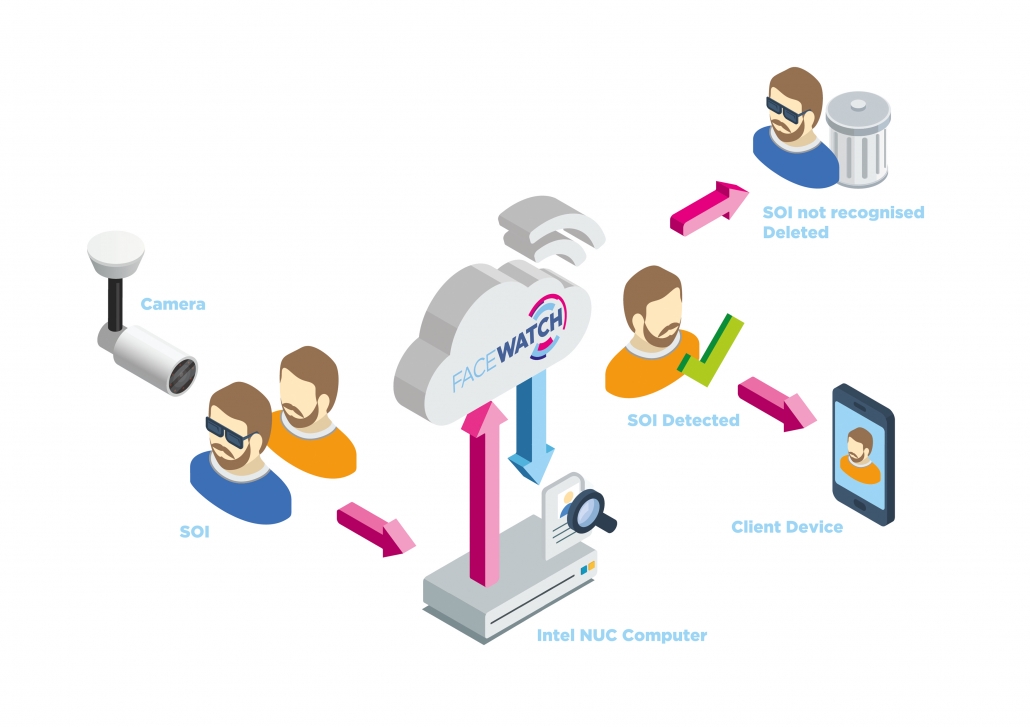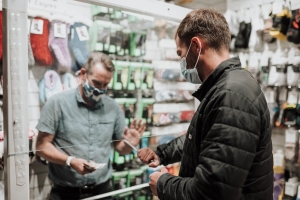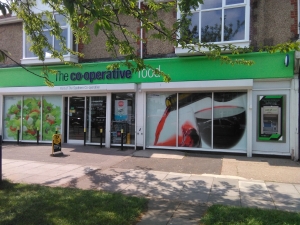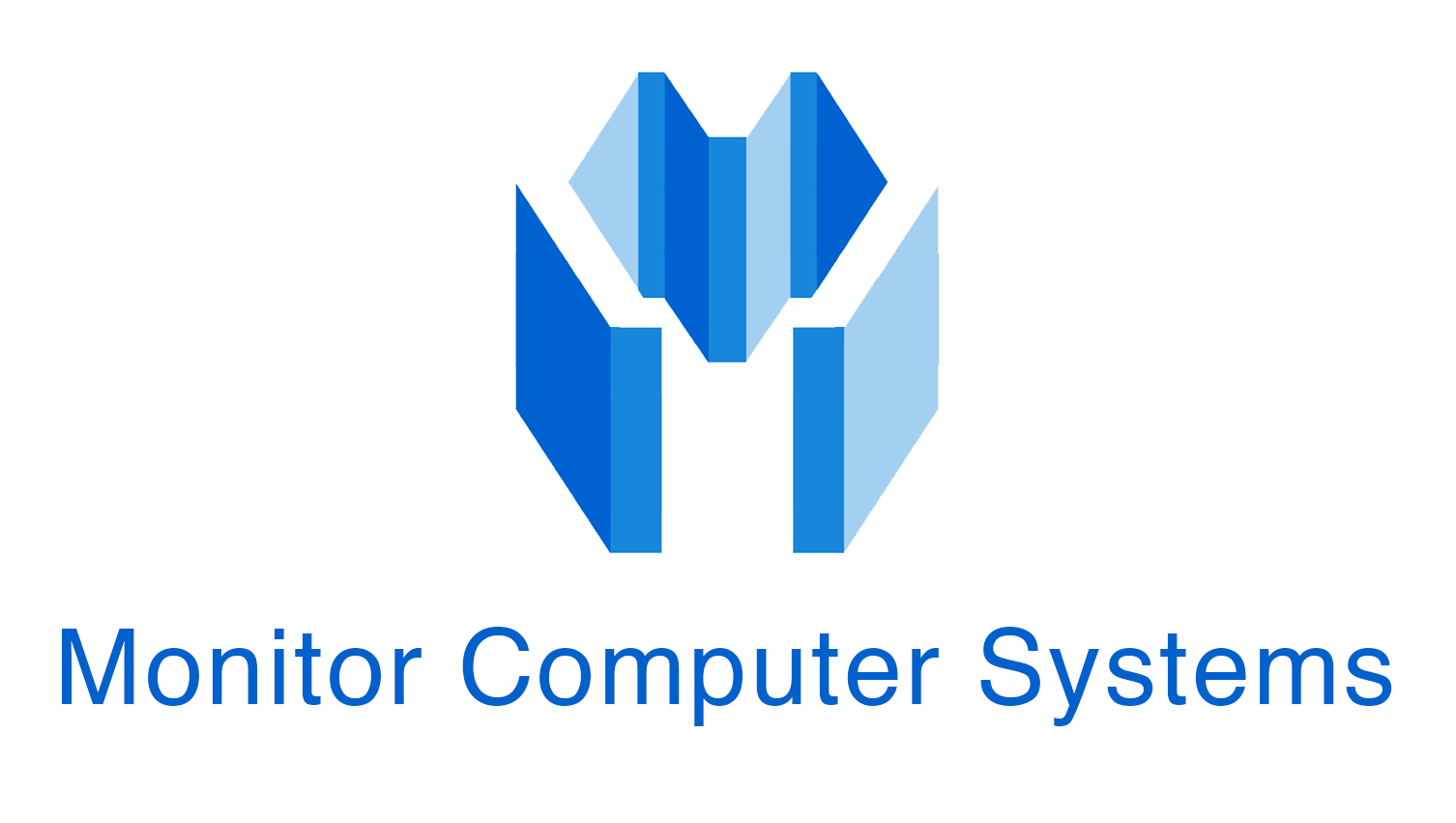Facemasks are everywhere, serving as one of the frontlines in the fight against the Covid19 global pandemic.
Identification solutions are needed that can be rapidly deployed to support the challenge of offering recognition systems in the presence of facial masks. Facewatch is delivering perhaps the most powerful solution there can be; a next-generation periocular recognition algorithm that detects and recognizes faces based only on the eye region between cheekbones and eyebrows.
The Facewatch Periocular algorithm leverages artificial intelligence and machine learning technology to perform person detection and identification using solely the eye and eyebrow regions of the face. The Facewatch algorithm can operate with any camera, delivers the same best-in-class hardware and software efficiency that has become synonymous with Facewatch, and achieves exceptional accuracy.
Other face recognition vendors are claiming that masks do not impede their algorithm. And, while modern face recognition algorithms are incredibly resilient in the presence of masks, medical masks occlude 50% of the face, are not properly validated in the NIST FRVT benchmarks, and are inconsistent with previous algorithm design requirements. By solely using the eyes and eyebrow regions, a periocular recognition algorithm leverages all the best properties of a face recognition algorithm (accurate, easy-to-use, sensor agnostic, fast) while delivering a solution that is specifically designed to not be influenced by medical masks.
Facewatch is including the periocular algorithm to all existing license holders under active maintenance, and the algorithm will be a standard feature, included for no additional cost. Facewatch will soon release a mask detection algorithm, which leverages the periocular face recognition pipeline to enable rapid awareness of whether a person is wearing a mask or not.
This periocular recognition algorithm powered by the modern technological breakthroughs in deep learning and convolutional neural networks will enable subjects of interest to be recognised automatically whilst enabling others to anonymously receive access to retailers using Facewatch. It will further support persons adhering to religious customs such as niqabs to be provided an equal user experience when engaging with identification technology.
Facewatch overview
Facewatch system provides a, GDPR compliant, crime deterrent solution that is easy to install, can be used and managed by small stores and is scalable for use by large retail groups due to its unique cloud-based servers and using Intel® NUC mini PCs. Data is managed securely by Facewatch. Facewatch doesn’t store information about the general public, just those for whom their retailer subscribers have uploaded confirmed evidence of criminal activity. If a facial image is not matched to a relevant watch list the algorithmic data is instantly deleted.

Figure 1. Facewatch matches faces against known offenders within seconds of them entering a business
Facewatch uses the software-as-a-service technology model, making advanced facial recognition affordable for even small businesses. The company’s database of Subjects of Interest (SOI’s) is stored securely in the cloud. It’s a centralised, managed database of biometric data corresponding to the faces of people who are reasonably suspected of having shoplifted or committed other crimes at businesses that subscribe to the service (Figure 1).
The hardware to run Facewatch is simple to deploy. It uses a standard HD CCTV camera and Intel® NUC, a mini-PC that is only 4×4 inches in size. Its performance enables it to play and record video at 4K Ultra HD clarity, making it ideal for a facial recognition system. The cameras, placed at store entrances, send an image to an on-site NUC loaded with software that converts the image to an algorithm. The algorithm is compared to those in the Facewatch relevant database for that property and if there is a match an alert, along with an accuracy reading, is sent to the retailer’s smartphone or other device, warning it that a known criminal on the database has entered its business.













